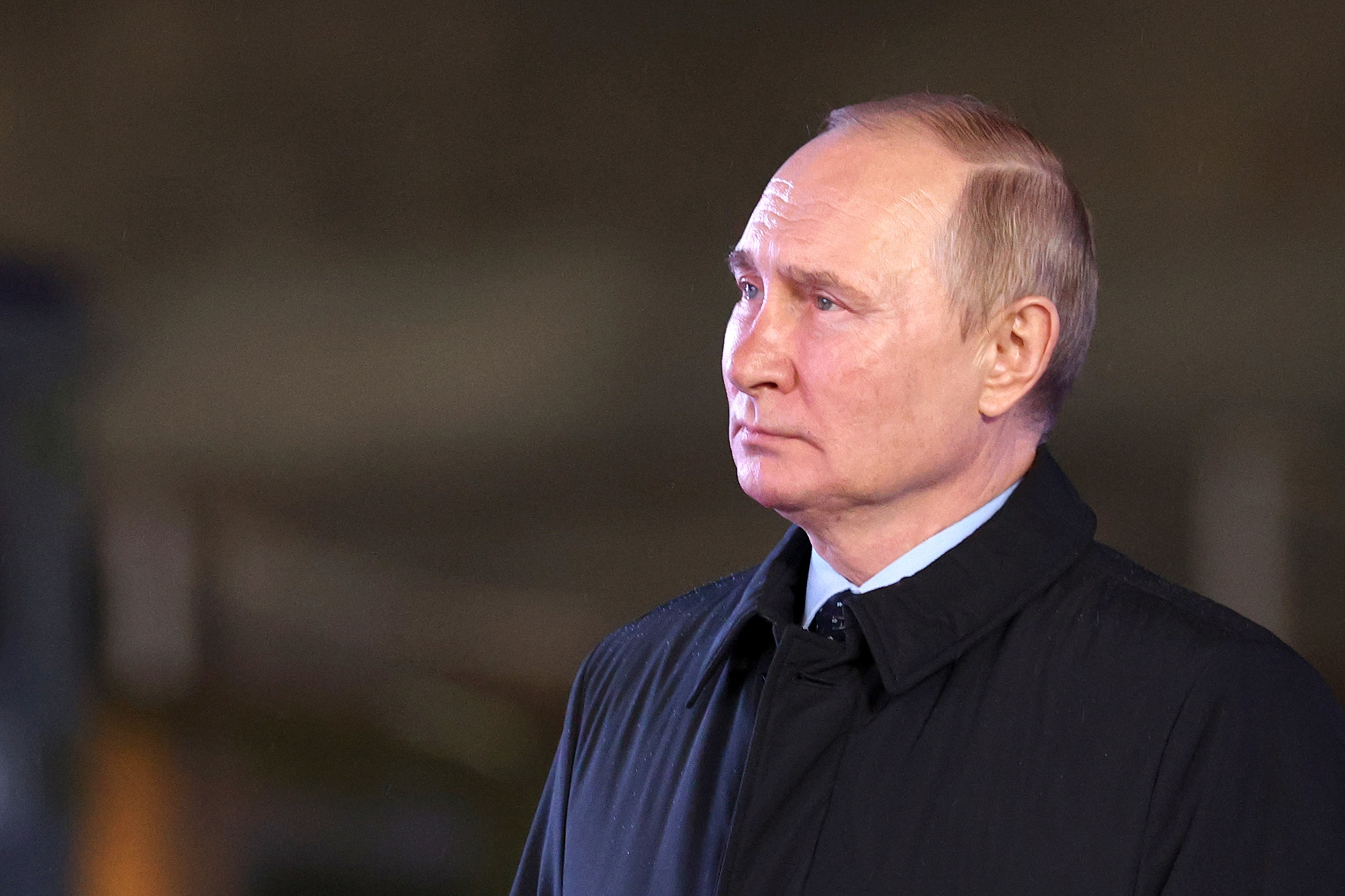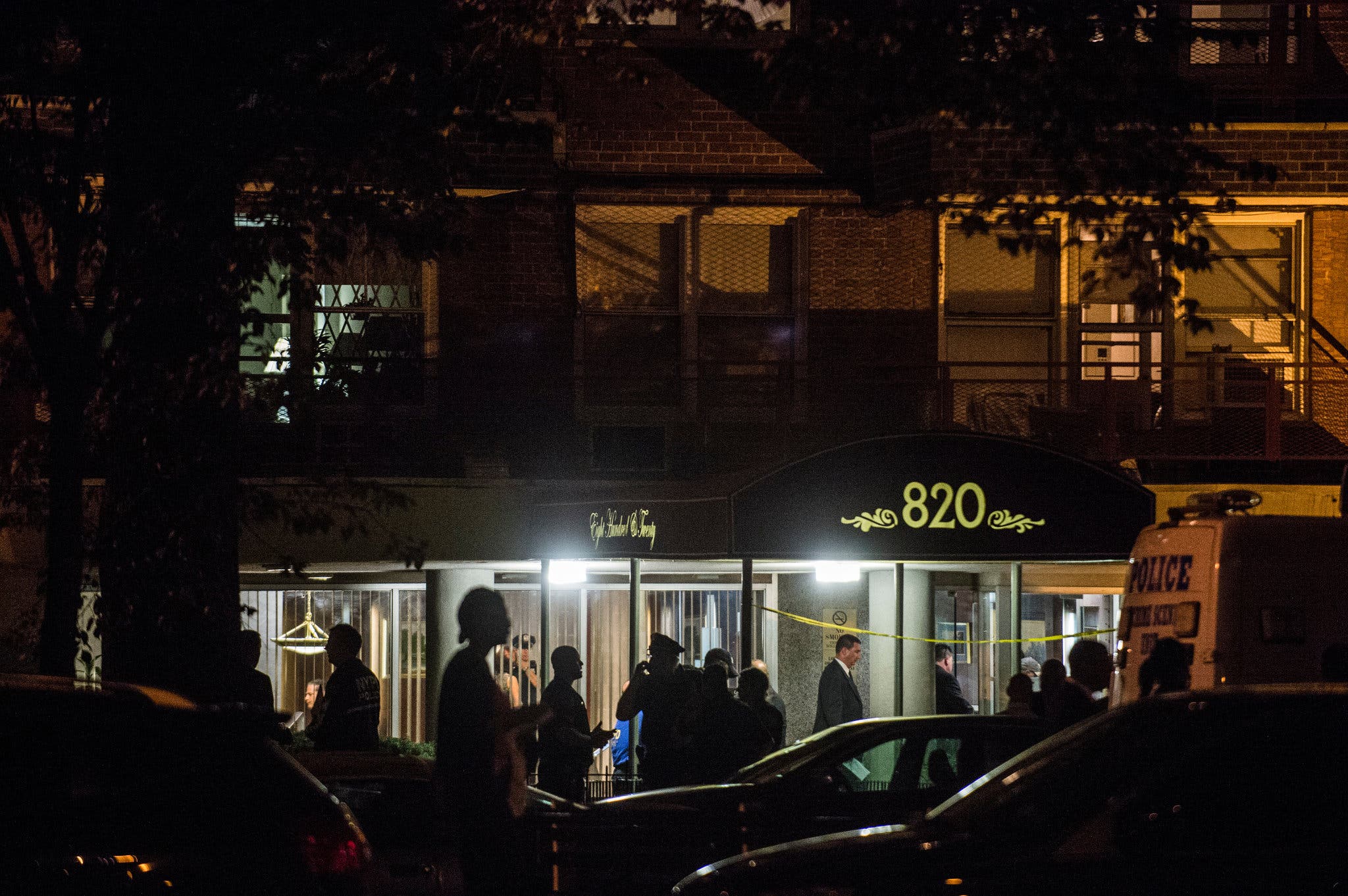Examining Russia's Failed Peace Overture: Putin's Diplomatic Miscalculation

Table of Contents
The Context of Russia's Peace Overture
The Initial Demands and Their Unreasonableness
Russia's initial demands for a "peace settlement" were fundamentally unreasonable and incompatible with Ukraine's sovereignty. These demands included:
- Complete demilitarization of Ukraine: This would have rendered Ukraine defenseless and subjected it to potential future Russian aggression.
- Formal neutrality: This would have prevented Ukraine from joining NATO or any other military alliances, effectively leaving it at the mercy of Russia.
- Recognition of Crimea's annexation and the independence of the self-proclaimed "Donetsk People's Republic" and "Luhansk People's Republic": This would have legitimized Russia's illegal seizure of Ukrainian territory and violated international law.
These demands lacked any genuine compromise and were presented as non-negotiable ultimatums, effectively signaling Russia's unwillingness to engage in good-faith negotiations. The international community swiftly condemned these demands as unacceptable violations of Ukrainian sovereignty and international law, further solidifying the global opposition to Russia's actions.
The Timing and Strategic Implications of the Overture
The timing of Russia's peace overture was highly suspect. Presented after a significant Russian military buildup and the commencement of a full-scale invasion, the overture appeared less like a genuine attempt at peace and more like a strategic maneuver. The military situation on the ground heavily influenced the negotiation process. Russia, having suffered unexpected setbacks in its initial invasion plans, may have attempted to use the "peace talks" as a means to consolidate gains and legitimize its territorial acquisitions. This lack of genuine intent undermined the negotiations from the start and contributed to their ultimate failure. Analyzing the timing in relation to the evolving military conflict reveals a clear pattern of Russia using diplomacy as a tool of war rather than a genuine pathway to peace.
The Breakdown of Negotiations and Reasons for Failure
Lack of Trust and Mutual Suspicion
The deep-seated distrust between Russia and Ukraine, fueled by years of animosity and propaganda, played a crucial role in the failure of negotiations. Past grievances, historical context, and the ongoing conflict created an environment of mutual suspicion, making constructive dialogue nearly impossible. Russia's history of aggression against Ukraine, coupled with pervasive disinformation campaigns on both sides, further eroded any potential for trust-building. This lack of trust manifested in a breakdown of communication and an inability to find common ground on even the most basic issues.
The Role of International Pressure and Sanctions
The international community's response to Russia's invasion, including sweeping economic sanctions and military aid to Ukraine, significantly impacted the negotiation process. Western sanctions placed immense pressure on Russia's economy, weakening its negotiating position and limiting its capacity to offer concessions. The strong stance taken by NATO and other international actors also influenced the dynamics of the talks, discouraging any concessions from Russia that would be seen as rewarding its aggression. The international condemnation of Russia's actions further isolated Russia diplomatically, reducing the likelihood of a successful negotiated settlement.
Consequences of the Failed Peace Overture
Escalation of the Conflict and Human Cost
The failure of Russia's peace overture led to an escalation of the conflict, resulting in increased fighting, further territorial losses for Ukraine, and a devastating human cost. Millions of Ukrainians have been displaced, thousands have been killed, and the infrastructure of the country has been severely damaged. The war has also had a significant impact on the global economy and energy markets, causing widespread disruption and contributing to inflation. This underscores the catastrophic human and economic costs associated with the failure of Russia's diplomatic efforts.
Damage to Russia's International Reputation
The failed peace overture has severely damaged Russia's international reputation. Russia's actions have been widely condemned as a violation of international law and an act of unprovoked aggression. This has led to a significant deterioration of relations with Western countries and other international actors. The long-term consequences include increased isolation for Russia, a diminished global influence, and potential long-term economic difficulties as a result of international sanctions and reduced trade partnerships. The damage to Russia's international standing is likely to have lasting repercussions on its geopolitical standing for years to come.
Conclusion
This examination of Russia's failed peace overture reveals a series of strategic miscalculations by Putin. The unrealistic demands, lack of genuine compromise, and the influence of international pressure all contributed to the collapse of negotiations. The consequences have been dire, resulting in an intensified conflict, immense human suffering, and a significant erosion of Russia's international credibility. The failure of Russia's peace overture highlights the dangers of aggressive geopolitical strategies and underscores the importance of good-faith diplomacy in resolving international disputes.
Understanding the factors that contributed to this diplomatic miscalculation is crucial for navigating future international crises. Continued critical examination of Russia's peace overtures is essential for informed decision-making and fostering a more stable global security environment. Further analysis of Russia's strategies and the dynamics of the Ukraine conflict is vital to promoting lasting peace and preventing similar failures in international diplomacy.

Featured Posts
-
 Remembering The Rat Pack Their Legacy In Las Vegas Casinos
May 18, 2025
Remembering The Rat Pack Their Legacy In Las Vegas Casinos
May 18, 2025 -
 Air Trunk Billionaire Makes Second Sydney Real Estate Acquisition
May 18, 2025
Air Trunk Billionaire Makes Second Sydney Real Estate Acquisition
May 18, 2025 -
 March To Fortune With Fortune Coins Strategies And Tips
May 18, 2025
March To Fortune With Fortune Coins Strategies And Tips
May 18, 2025 -
 Five Boro Bike Tour Everything You Need To Know Before You Ride
May 18, 2025
Five Boro Bike Tour Everything You Need To Know Before You Ride
May 18, 2025 -
 Man Found Dead In Brooklyn Bridge Park Gunshot Wound To The Head
May 18, 2025
Man Found Dead In Brooklyn Bridge Park Gunshot Wound To The Head
May 18, 2025
